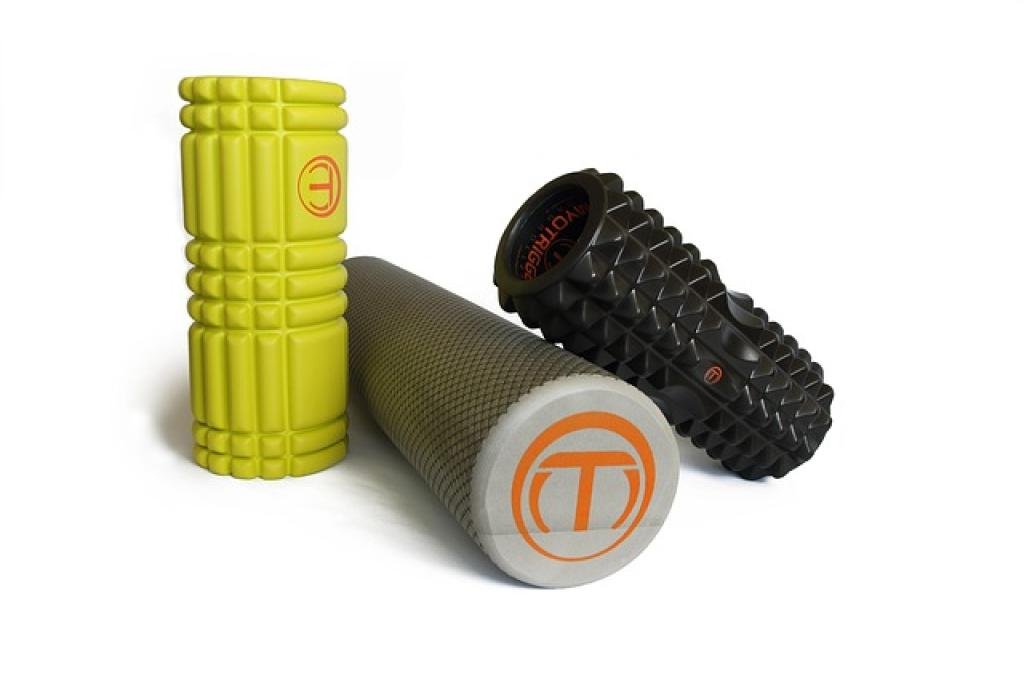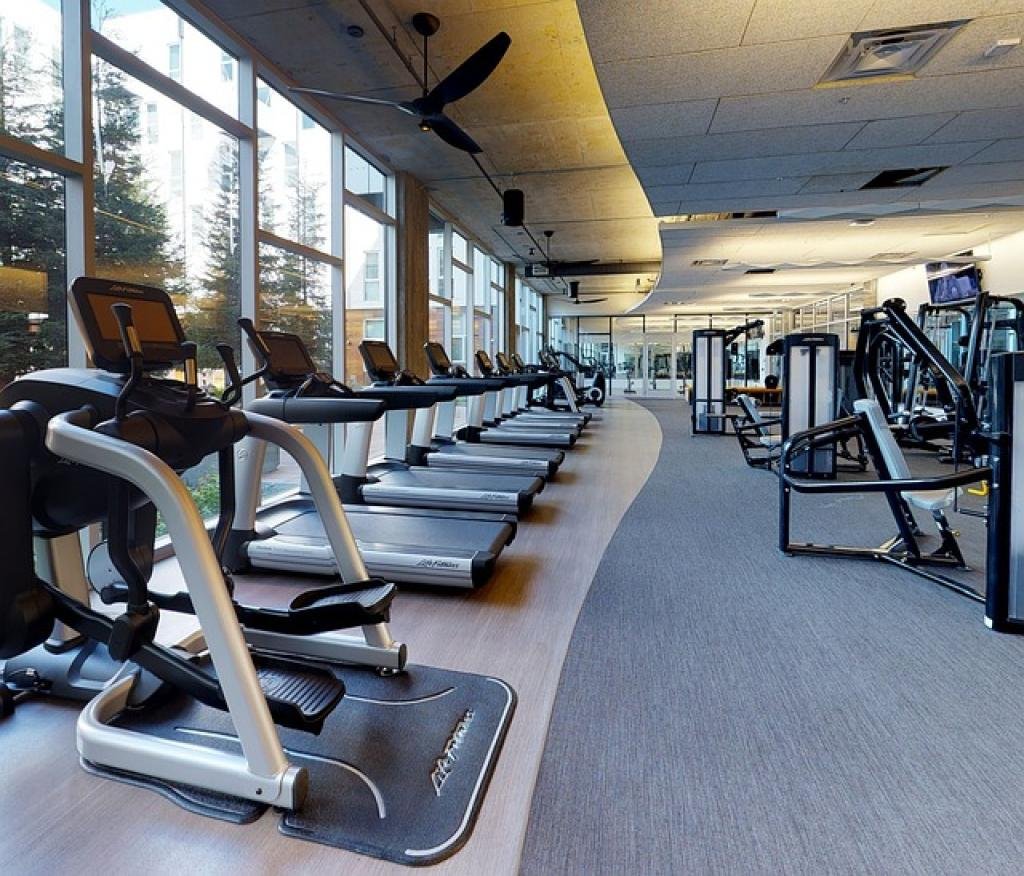We independently test and review fitness products using a research-based approach. If you buy through our links, we may earn a small commission at no extra cost to you. Read our Disclosure
We’ve all been there—waking up the day after an intense workout, feeling every muscle in our body ache in protest. While soreness is a badge of honor for some, it can hinder your progress if it lingers too long. The faster you recover, the quicker you can get back to doing what you love.
Whether you’re a weekend warrior, a seasoned athlete, or just someone who enjoys staying active, optimizing your recovery is key to unlocking your full potential. Incorporating effective recovery strategies not only alleviates discomfort but also enhances your performance.
Dive into these essential tips designed to help your body recover faster and more efficiently. With a few tweaks to your post-workout habits, you’ll be primed and ready to take your fitness journey to the next level.
Understanding the Importance of Recovery
Recovery is more than just a pause between workouts—it’s an integral part of any training plan. When you exercise, your muscles endure tiny tears, which might sound alarming but is actually part of the growth process. Proper recovery ensures these tissues can rebuild stronger than before.
Ignoring recovery can lead to increased fatigue, reduced performance, and even injury. Think of it as fueling your body; it’s a chance to replenish energy stores and repair muscles. This essential downtime allows your body to adapt to the stress of workouts, improving endurance and strength.
Effective recovery also supports mental well-being. Taking time to rest helps prevent burnout and keeps you motivated. It’s essential to strike a balance between pushing your limits and allowing your body the opportunity to renew and recharge.
Embrace rest as part of your routine, not as a sign of weakness. It’s the secret ingredient that keeps you moving forward on your fitness journey.
Optimizing Nutrition for Recovery
Refueling your body with the right nutrients post-workout is crucial for speeding up recovery. The right combination of proteins, carbohydrates, and fats helps repair muscle tissues and replenish glycogen stores, getting you back on your feet in no time.
Protein Power
Protein is your best friend when it comes to muscle repair. Consuming a source of high-quality protein soon after your workout provides the amino acids necessary to kickstart the recovery process. Think lean meats, dairy, or plant-based options like chickpeas and tofu.
Carbohydrates play a crucial role too. Never overlook their power in recovery; they help restore your energy by refilling glycogen levels. Opt for whole grains, fruits, or starchy vegetables to keep your energy reserves in top shape.
Hydration is equally important. Water regulates your body temperature and aids in nutrient transport, making it essential for recovery. If your workout was especially sweaty, consider an electrolyte-rich drink to balance out what you’ve lost.
Post workout recovery shakes can also be an excellent option for ensuring you get the necessary nutrients quickly.
By making mindful nutrition choices, you’ll enhance your body’s ability to recover, setting the stage for your next athletic endeavor. Fuel right, and watch your progress soar!

Effective Sleep Strategies for Better Recovery
Good sleep is the unsung hero of recovery. It’s during deep sleep that your body carries out much of its repair work, releasing growth hormones and repairing muscles, so ensuring quality slumber is vital.
Prioritize a Sleep Routine
Consistency is key. Try to hit the sack and wake up at the same time every day, even on weekends. This helps regulate your body’s internal clock, making it easier to fall asleep and get better quality rest.
Create a calming pre-sleep routine to signal your body it’s time to wind down. This might include activities like reading, taking a warm bath, or practicing relaxation exercises. Avoid screens and caffeine late in the day as they can interfere with your ability to drift off.
Environment plays a crucial role too. Keep your sleep space cool, dark, and quiet. Invest in a comfortable mattress and pillows to enhance your sleep quality, ensuring you wake up refreshed and ready.
By prioritizing effective sleep strategies, you give your body the optimal chance to recover and recharge. A good night’s sleep is a simple yet powerful tool to boost your workout recovery.
Utilizing Active Recovery Techniques
Active recovery is a gentle yet effective way to enhance your workout recovery. Rather than complete rest, engaging in low-intensity activities can keep your blood flowing and muscles loose, speeding up the healing process.
Light and Effective Movements
Incorporate activities like walking, cycling, or swimming at a leisurely pace. These exercises help flush out toxins and deliver fresh oxygen and nutrients to your muscles without adding undue stress.
Consider integrating yoga or stretching routines into your weekly schedule. These practices not only enhance flexibility but also promote relaxation and mental clarity, contributing to better overall recovery.
Foam rolling is another fantastic tool. It targets muscle knots and enhances circulation, facilitating quicker recovery. Spend a few minutes rolling out major muscle groups, focusing on areas that feel particularly tight or sore.
By embracing active recovery, you keep your body engaged and promote healing. It’s a simple yet powerful strategy that complements your fitness regimen, helping you feel rejuvenated and ready for your next workout.
The Bottom Line: Consistency and Patience Are Key
Recovery is a vital aspect of any fitness journey. It combines nutrition, sleep, and active recovery techniques to ensure you’re ready to hit the ground running. But remember, seeing significant results doesn’t happen overnight.
Consistency is essential. Making small, steady improvements in your recovery habits will pay off over time. Integrate these tips into your routine gradually, adapting them to fit your personal needs and lifestyle. The key is to stay committed and give yourself grace as you make these changes.
Patience is just as crucial. Trust the process and recognize that listening to your body is an important part of your fitness path. With time, your body will adapt, and you’ll find yourself bouncing back faster after each workout.
As you refine your recovery routine, know that there will be ups and downs. However, each step brings you closer to a healthier, more resilient you. Celebrate small victories along the way to stay motivated and engaged.
Ultimately, by prioritizing recovery and maintaining a consistent and patient approach, you’ll enhance not only your performance but your overall well-being. Embrace the journey and enjoy the strides you make—stronger, every day.



